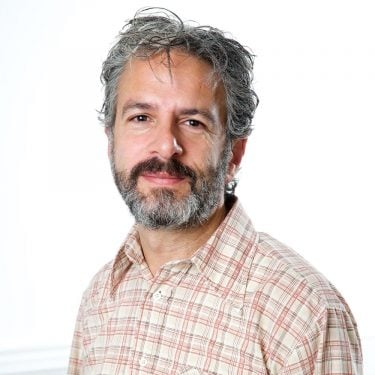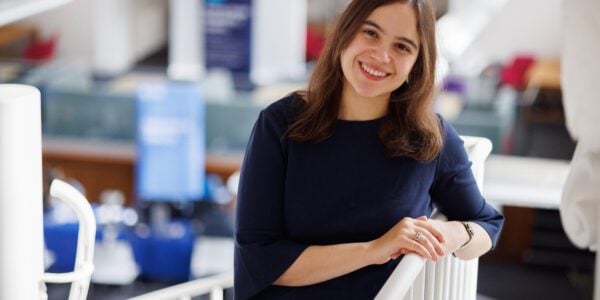As lead of the Nuffield POST Fellowship programme, Director of Education, Josh Hillman shares Nuffield’s long history with POST and his tips for making the most of the opportunity.
Why does the Nuffield Foundation fund the POST Fellowships and how does it align with the organisation’s wider objectives?
We have a long-standing relationship with the Parliamentary Office of Science and Technology (POST). In fact, back in 1989, we were one of the original charitable funders that established the body itself. And we started supporting fellowships in 2014, originally in the name of Lord (Brian) Flowers, who had helped set up POST and been chair of our Trustees.
But beyond this history, the driving force has always been our commitment to bridging the gap between research and policy-making, and these fellowships are located in the best possible place for that.
What is the connection between POST Fellowship topics and the Foundation’s areas of interest?
The Foundation’s priorities relate to society’s most pressing questions across education, welfare, and justice, and many if not all of these are already on the Parliamentary radar. So, there’s always going to be significant overlap between the topics POST is interested in and the areas we gravitate towards. Another dimension we have been utilising is the linkage of POST fellowships to our three research centres: the Ada Lovelace Institute, the Nuffield Council on Bioethics, and the Nuffield Family Justice Observatory. Over the past few years, we’ve supported Fellowships on assisted dying, artificial intelligence, and reproductive organoids and artificial germ cells. Not all of these topics would have been on our radar when we started funding POST fellowships back in 2014.
What support and mentorship can fellows expect from the Foundation?
Nuffield fellows benefit from personalised support from people at the Foundation; they are paired with a staff member who has expertise in their research topic and can offer valuable guidance and facilitate network-building, including through invitations to relevant internal and external events and other meetings with staff.
Fellows are also invited to join our Emerging Researchers Network, offering early career researchers access to an active community, helpful resources and training, a dedicated newsletter as well as networking events.
How does the fellowship help to bridge the gap between scientific expertise and public policy, and what lasting skills or experiences do fellows gain from this process?
First and foremost, by giving researchers a very authentic experience of how policy-making actually happens. Fellows gain a deeper appreciation of the complex factors and competing interests that face those influencing policy in and around Parliament and learn to balance scientific rigour with real-world constraints.
Fellows also develop the crucial capability of distilling complex research into succinct, impactful briefings – POSTnotes – which are valued for their clarity and brevity. These skills in analysing a topic, identifying salient and essential information, and communicating effectively to non-specialist audiences are utterly invaluable. This is the case whether Fellows remain in research or decide to transition to policy or other roles.
Additionally, the fellowship exposes them to interdisciplinary ideas and opens doors to future opportunities. In some cases, those doors can be very direct – one of our Fellows, Devyani Gajjar, is now a Physical Science and Digital Adviser at POST.
Do you have any advice for future POST fellows?
My advice to future POST fellows is to fully embrace the unique opportunities that come with working in Parliament. Engaging with Select Committees or APPGs is often a highlight – it’s a chance to feed directly into important policy discussions, as Katerina Mentzou did when she contributed to the Home Affairs Select Committee’s inquiry on human trafficking.
Also, explore everything Parliament has to offer, whether it’s attending debates or committee meetings, networking at social events or in the various cafes. One of our Fellows, Dugald Foster told us that he joined the Parliamentary Choir, and there are no doubt many other such extra-curricular opportunities.
Most importantly, have fun! We invariably hear that the three months have flown by, so make the most of every experience.
In your experience, what has been the most rewarding aspect of leading this fellowship programme with POST?
At a personal level, the most rewarding moment is when fellows come into our office at the end to present their work to Foundation staff. I am invariably blown away by hearing them speak authoritatively for an hour on a topic they knew little about just months before and with a genuine appreciation for how research can shape policy. It is always a powerful reminder of how transformative this programme can be, both in the careers of the fellows and in the content of their work. Always good to be reassured about our choices in what we fund.
Become a POST Fellow
Read about Katerina’s experience



